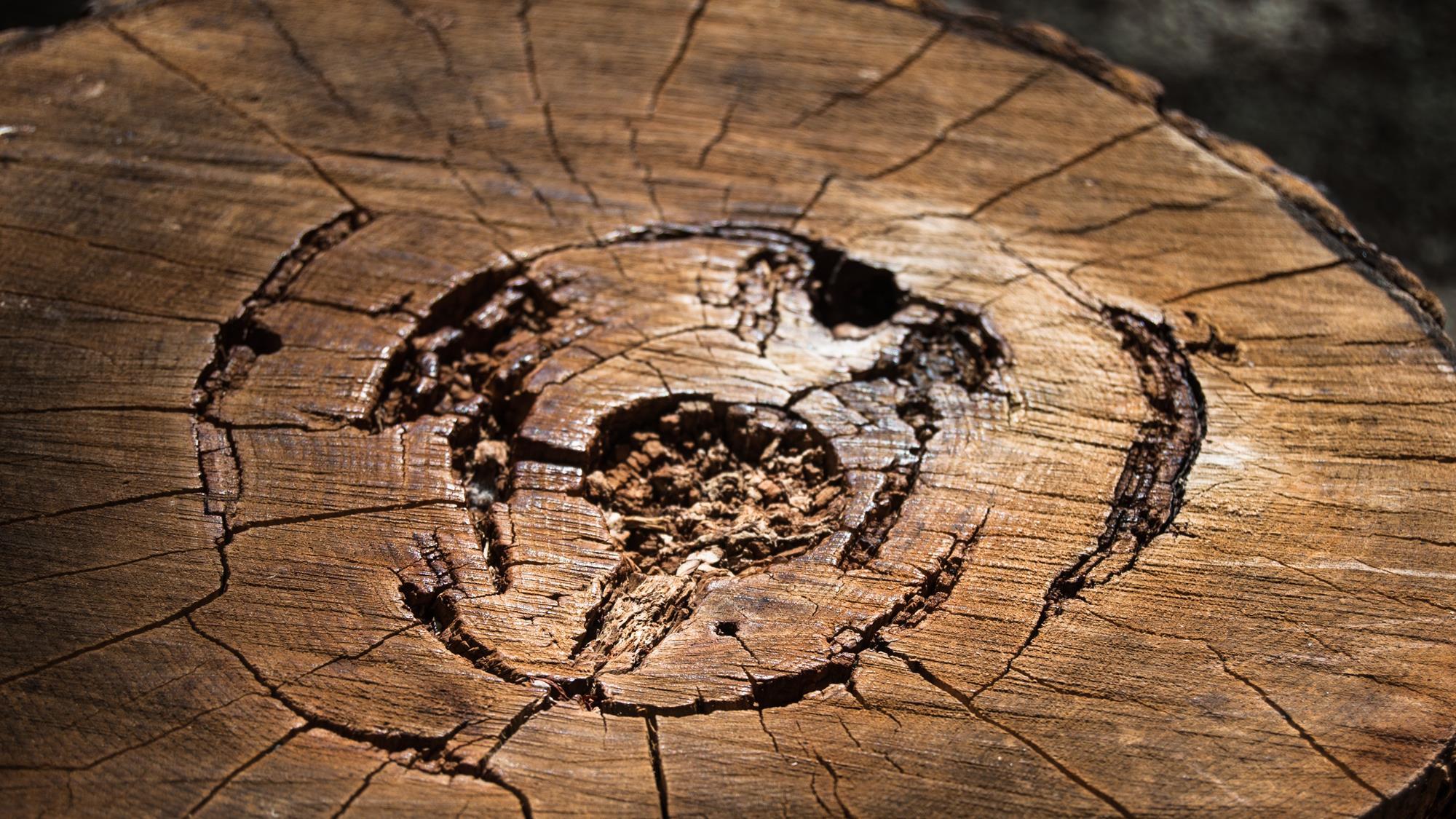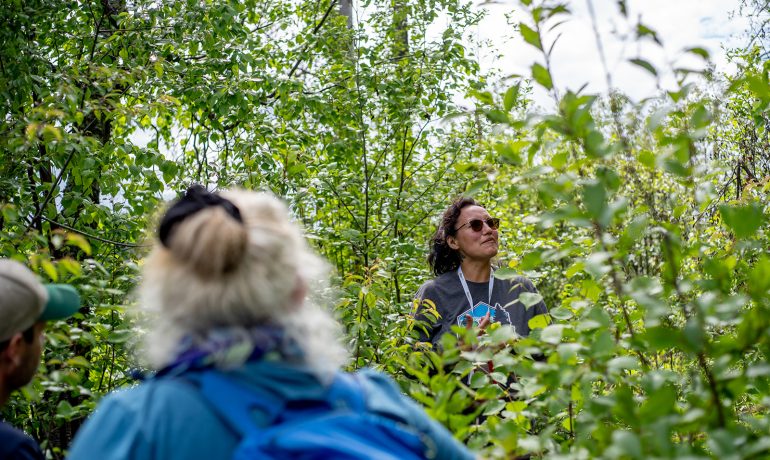Suspicions of bacteria’s role in rotting wood finally proven
 A long held hypothesis that bacteria, and not just fungi, are involved in the decomposition of lignin, a tough structural component of wood, has finally been confirmed. The work could help unlock the economic potential of lignin allowing these complex organic polymers to be turned into useful chemicals. The team from the University of British Colombia, Canada, used a novel blend of stable isotope probing and metagenomics. By labelling several synthetically produced woody biomass substrates, including lignin, with a carbon isotope the researchers discovered which soil microbes incorporated the label into their DNA by sequencing them. They were able to confirm their role in decomposition while simultaneously identifying bacteria and enzymes involved. This technique circumvents the need to culture bacteria, a long standing barrier to bacterial identification.
A long held hypothesis that bacteria, and not just fungi, are involved in the decomposition of lignin, a tough structural component of wood, has finally been confirmed. The work could help unlock the economic potential of lignin allowing these complex organic polymers to be turned into useful chemicals. The team from the University of British Colombia, Canada, used a novel blend of stable isotope probing and metagenomics. By labelling several synthetically produced woody biomass substrates, including lignin, with a carbon isotope the researchers discovered which soil microbes incorporated the label into their DNA by sequencing them. They were able to confirm their role in decomposition while simultaneously identifying bacteria and enzymes involved. This technique circumvents the need to culture bacteria, a long standing barrier to bacterial identification.
Related Post
As Published in Canadian Forest Industries Magazine, Pulp & Paper Magazine and Canadian Biomass Magazine
Jennifer Gunter’s Op Ed, “Community Forests: Rooted in Community,
Minister of Forests Mandated to Expand BC’s Community Forest Program
In the recently released mandate letter to the Minister



